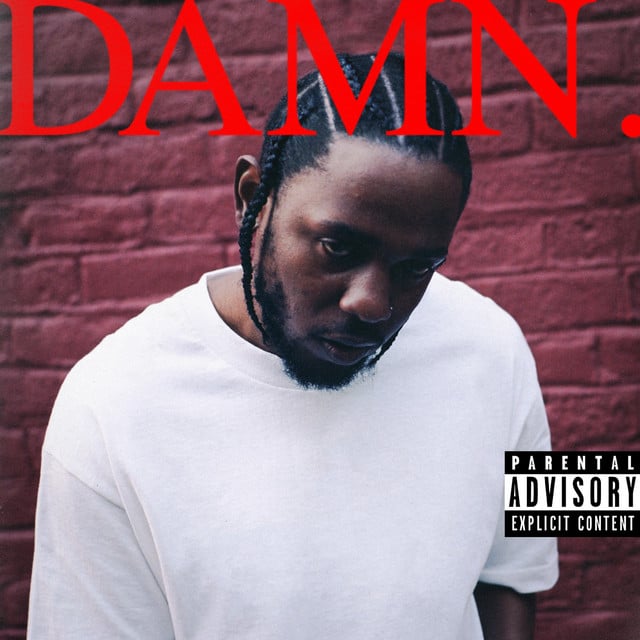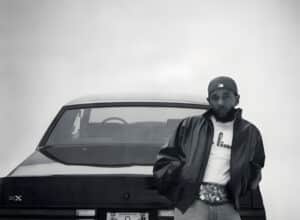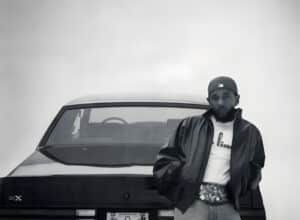“BLOOD.” by Kendrick Lamar is a chilling existential parable laced with irony and societal commentary. This track off his iconic “DAMN.” album explores the concepts of wickedness and weakness, and investigates the often harsh consequences of seemingly innocent intentions. Kendrick implants himself into a narrative wherein a seemingly benign interaction brings about an unexpected and grim result.
On the track, K.Dot — another name for Kendrick — describes meeting a blind woman who seems to be struggling. He approaches her to offer assistance, emulating the kind-hearted nature we often associate with humanity. But, plot twist! The woman tells Kendrick he’s lost something — his life. It’s a grim prophecy underpinning the cynical revelation of the song: no good deed goes unpunished. Such a theme reflects Kendrick’s contemplation of life’s vicious cycle, especially within communities like he grew up in, Compton, where cruelty is a routine part of existence.
Between the lines, the blind woman also serves as a potent metaphor. Does she represent justice, so often depicted as a blind woman holding a scale? Is Kendrick implying that justice is missing something, struggling to find balance in a world riddled with corruption? If so, it’s a bold statement, pushing Kendrick’s societal critique to new heights.

Throughout the song, Kendrick toys with the question, “Is it wickedness? Is it weakness?” This binary juxtaposition forces us to question our perceptions about morality and strength. Is wickedness derived from weakness? Or does every act perceived as wicked carry a kernel of weakness within? It’s a profound philosophical exploration mapped onto a concise lyrical composition.
In the end, “BLOOD.” is a remarkable piece of storytelling and a potent societal critique. Kendrick shines a harsh light on the world’s injustices and contradictions, exposing the blurry lines between wickedness and weakness, good intentions and bad outcomes. It’s a powerful testament to Kendrick’s lyrical prowess and his ability to transform personal experiences into broader societal observations.








